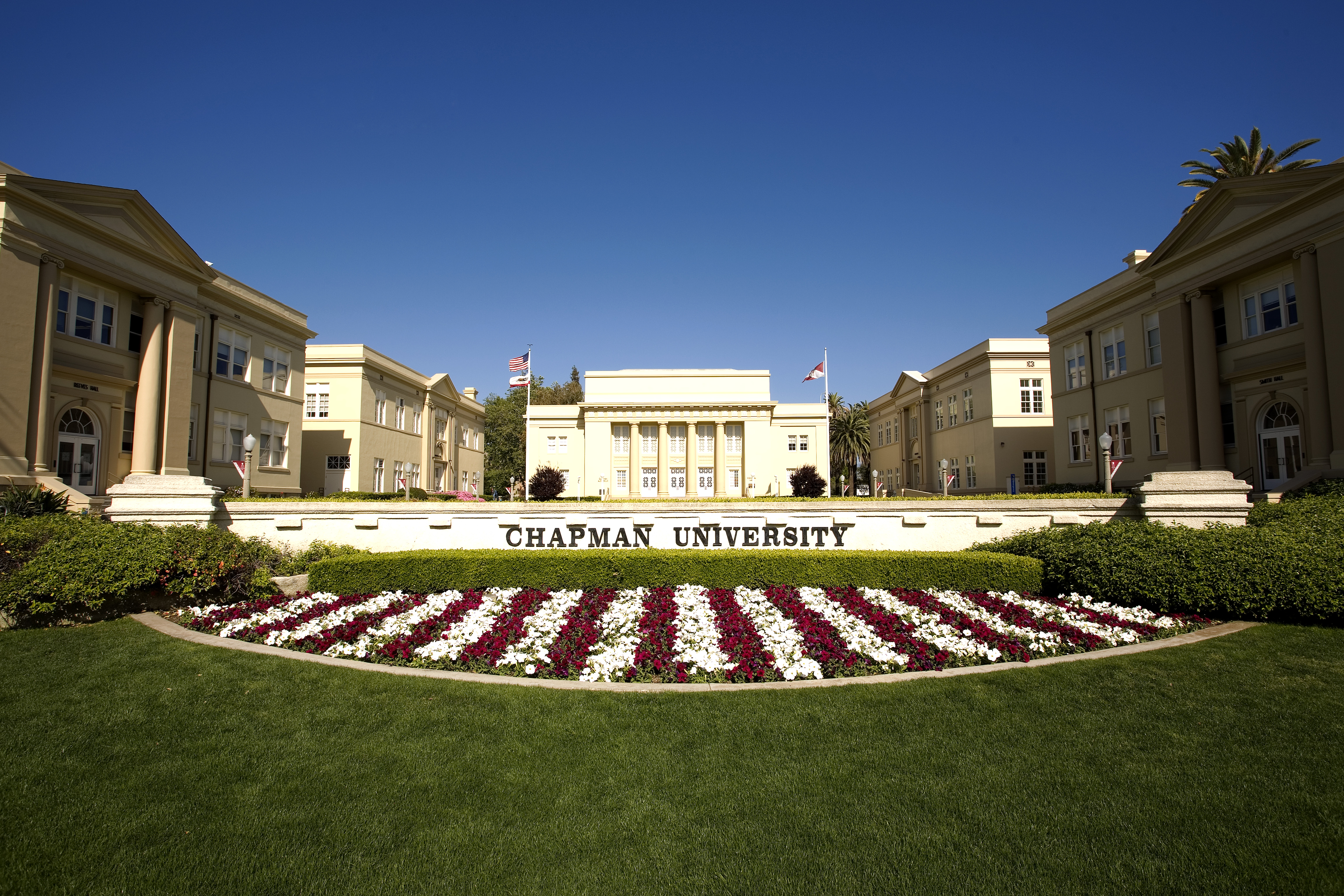The CHOC Children’s Foundation awarded, as part of its new Philanthropic Venture Funding Program, $1,000,000 to Dr. Afshin Amininan, medical director, CHOC Children’s Orthopaedic Institute, and his cross-disciplinary team that included Chapman University faculty and scientists. The program, was designed to encourage CHOC clinicians to develop innovative concepts that transform pediatric care. Following a competitive proposal and presentation review process, the CHOC Children’s Orthopaedic Institute team emerged from eight team finalists as the awardee for a project that will transform how to diagnose, understand, and treat children who suffer from movement impairment. Dr. Aminian and the team attracted an additional $1,000,00 grant from a third-party foundation that stepped forward to match the CHOC Foundation’s prize.
Chapman faculty members Marybeth Grant-Beuttler, Ph.D., from Chapman’s Crean College of Health and Behavioral Sciences, and Erik Linstead, Ph.D., of the University’s Schmid College of Science and Technology, along with Dr. Afshin Aminian of CHOC make up the team who submitted the winning initiative.
“We are grateful to be part of the inaugural winning team from the CHOC Children’s Foundation and excited to see how this team’s plan will impact the future of pediatric medicine,” said Daniele Struppa, Ph.D., president of Chapman University.
Through the grant, the three will perform research on specific movement disorders, such as idiopathic toe walking. The availability of cost-effective, wearable sensors will allow the team to collect movement data on a large scale, both inside and outside of clinical settings. This data will then be used to train state-of-the-art machine learning models, based on deep neural networks, that will provide low-level insight into facets of movement such as gait.
In addition to implementing sensor and analytic technologies, the team will create flexible, modernized and customized orthotics presently unavailable to children with movement disorders. This new generation of orthotics will be able to provide real-time biofeedback, based on the machine learning models, to users.
The team hopes this combination of technologies will drastically improve treatment outcomes. These first critical steps will have a direct and immediate impact for these children and their families, and will create the platform to apply translational research and advanced movement assistive devices and treatment options to patients with all forms of movement disorders.
The research effort with initial milestones for data collection and machine learning is scheduled within the next six and 12 months, respectively. These initial results will be used to expand the scope of research and form the basis of a long-term collaboration to shape the future of pediatric movement research.





Add comment